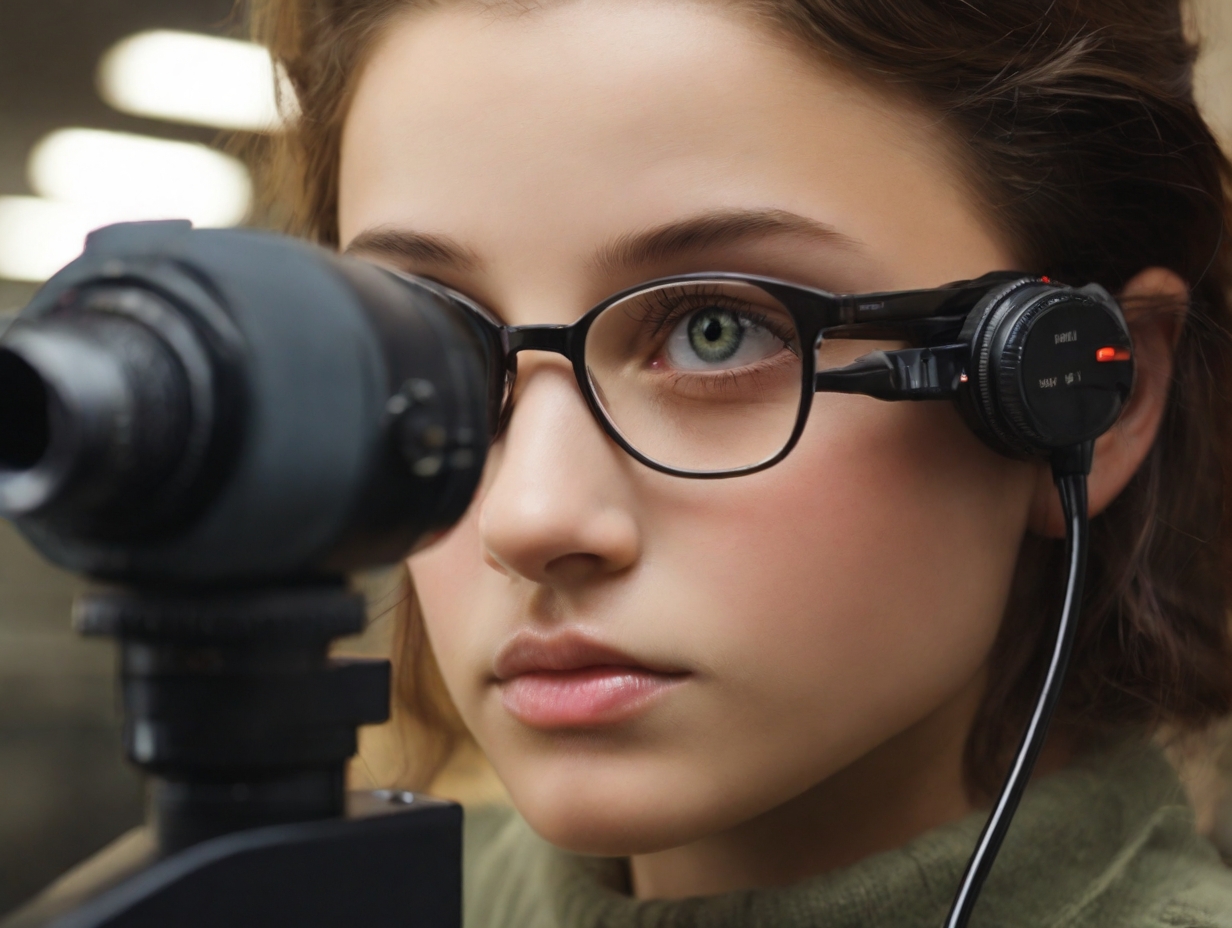
A recent study conducted by the University of Cambridge’s School of Clinical Medicine has just highlighted the clinical performance of OpenAI’s ChatGPT-4, which is outstanding in the field of ophthalmology. These researchers, led by Dr. Arun Thirunavukarasu, tried out a test where ChatGPT-4 was put against the medical professionals performance in an ophthalmology exam and the results were really interesting and maybe a sign of the transformations the future had in store for healthcare.
Unveiling Impressive Results
In a test that was 87 questions long, about different areas of ophthalmology including file syncing, lesions, and light response, ChatGPT-4 proved itself very good at that. AI’s performance of 69%, way higher than the ophthalmologists-in-training and junior doctors’ scores, of course points out the necessity of AI in this field.
Nevertheless, ChatGPT-4 got the highest grade on the three competitors, which included OpenAI’s ChatGPT-3.5, Meta Platforms Inc.’s Llama and Google LLC’s Palm2. However, the AI wasn’t as good as the expert ophthalmologist; this specialist scored 85%. While it illustrated the way by which artificial intelligence can enhance medical care and evolved the management of health services.
To Dr. Thirunavukarasu, LLMs, including the latest ChatGPT-4, may be considered as the potential major motors behind healthcare delivery that could ultimately lead to a significant reduction in the waiting time of patients needing eye care. However, research revealed the possible gap of those devices not doing so well in the “hallucination” and understanding of nuances, but at the same time, the use of such tools for primary care and guiding primary care doctors in providing fast advice is promising.
Pasekmės ateičiai
One of the major impacts of the study on healthcare systems, in general, cannot be underestimated if this finding will play a part in addressing the ongoing issue of whether the demand for healthcare with increasing levels of specialization is sustainable or not. The adoption of AI techs like ChatGPT-4 across healthcare systems is a critical step in easing workflows, better services, and lowering stress for medical professionals.
Consequently, artificial intelligence (AI) medical studies and experiments are going to be the topic of research. On the other side, as the models get better and better, they could play a leading role in the stage of medical science, increasing diagnostics accuracy and, at the end, providing the desired care outcomes.
On the one hand, the impact of AI in ophthalmology is one of the main focuses of the researchers at the School of Clinical Medicine Cambridge, who argue that they can reshape the future of the ophthalmology field through AI technology. ChatGPT-4 achievement during the exam highlights how advanced and even more impressive achievements are still possible, but meanwhile, challenges for the healthcare system are still present. Therefore, the integration of AI to meet medical needs must also be considered as an element to achieve a better quality of healthcare, which is more easily accessed by patients.
Source: https://www.cryptopolitan.com/ai-advances-in-ophthalmology-chatgpt-4/
